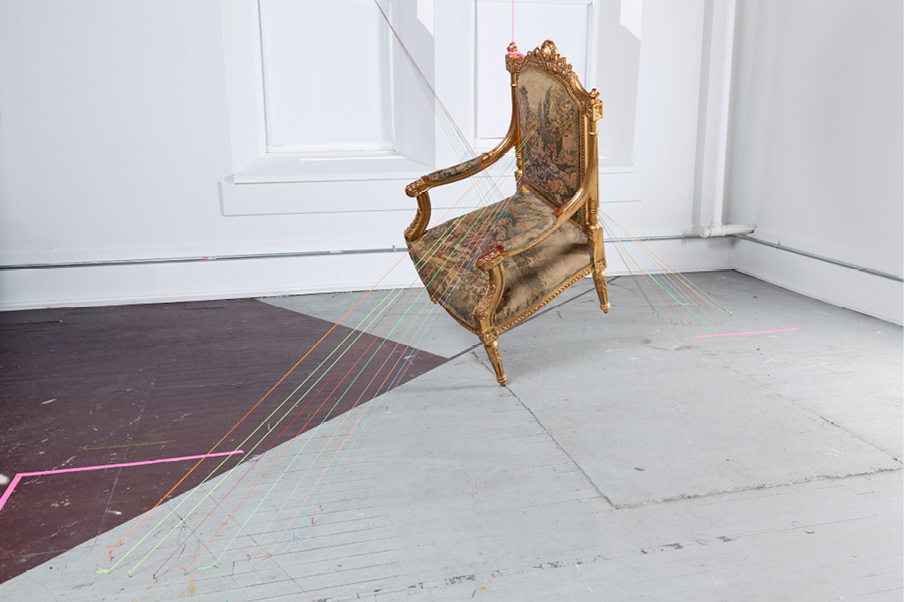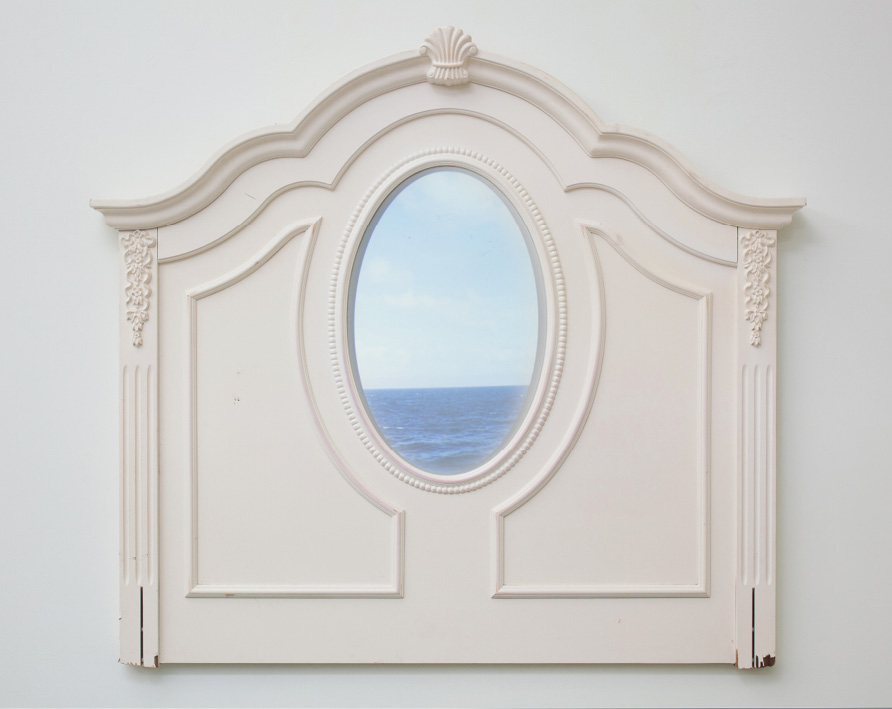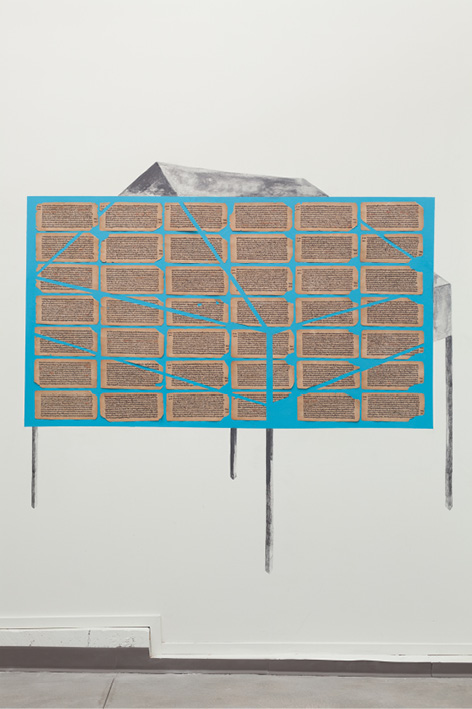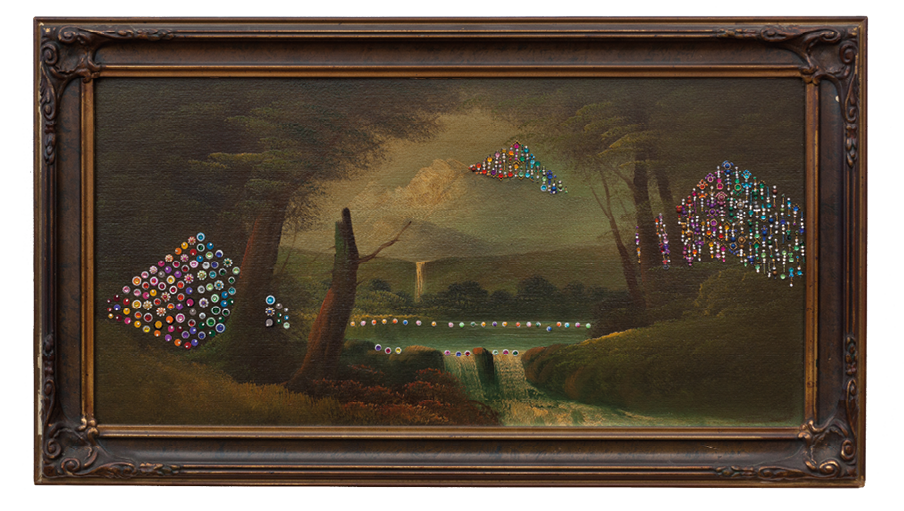Revisionist
© Suchitra Mattai, CC BY 4.0 https://doi.org/10.11647/OBP.0218.12
I left Guyana in 1977 when I was three years old, but Guyana has never left me. Through family narratives, memories, and photographs, I have always been reminded of my homeland, yet simultaneously felt alienated from it. My family’s migratory path from Guyana to Canada to the United States never led to a place of connection. I have always felt ‘othered’ in so many ways. As a result, my life has been directed by a continual search for an imagined ‘home.’
Making our journey first to Nova Scotia, Canada and eventually to various areas of the United States, I patiently waited to find a place that felt ‘right.’ In my twenties, I traveled to India, my original ‘homeland.’ On my first flight there, I looked through the window as the plane landed in New Delhi and was overcome with an inexplicable familiarity. But as I traveled throughout India, unable to communicate with ease, I quickly realized that this was not the ‘right’ place either. I would have to continue to look elsewhere.
My family, who first came as Indian indentured servants to British Guiana, is part of a history of ocean voyages to foreign lands by means of contracts of bondage. And so, as an artist, much of my practice is driven by this idea of an invented, idealized ‘homeland.’ My artwork is characterized by disconnected ‘landscapes’ that are unreal but offer a lingering familiarity. These landscapes are created from history, memory, travel, and pop culture. Many of the objects I use in my practice—embroidery, vintage needlepoints, macramé works, jewelry boxes, found photographs, teacups, and works on paper—are handmade, craft-based or domestic in nature. They are a nod to my Guyanese grandmothers, aunties, and mother, who engaged in practices of embroidery, macramé, crochet, and sewing during my childhood.
Thus, my work loosely weaves together a sense of an imagined ‘home.’ Through each puncture of embroidery, each woven thread, and each painted stroke, I am both bounded by and freed from my past, present, and future ‘homes.’

Indentured explores the continuity of generations through varied passages, including the passage of my ancestors from India to Guyana. The breaks and continuities in the ‘landscape’ communicate both the strengths and weaknesses of those bonds. The macramé piece that I ‘appropriate’ is ‘colonized’ in a way, becoming part of a larger narrative, much like the indentured laborers of Guyana. The handmade macramé references my childhood and my grandmothers’ labor.

In Indentured II, I reconsider the power of colonialists and re-examine historical consequences. The chair—with its European design, aristocratic reference, and idyllic pastoral scenes in the fabric—is rendered useless. Its function is removed, and the historical power relations are subverted and thrown off-kilter. The thread that captures it references the domestic practices of my grandmothers, aunts, and mother.

I had the opportunity to travel on a ship across the Atlantic Ocean, retracing many of the steps of my Indian family, traversing the ocean for a better ‘home.’ The video in Promised Land is shaky and uncomfortable, forcing the viewer to experience the close quarters of the indentured laborers and the overwhelming nature of the vast unknown, as seen through the portal. The video is projected onto a furniture fragment, referencing the domestic.

The ‘home’ in Homeward Unbound is built of ‘bricks’ of old Sanskrit texts. The text holds religious power but is unreadable to the majority of Hindus in the world. I am interested in the fog of memory, how the past is shaped, built and transformed. The house in this piece references the homes on stilts in Guyana I grew up around.

I seek to hold onto a past that is sometimes intangible but always complex. In Misfit I take over an idealized European scene, though reminiscent of Guyana’s Kaiteur Falls, with bindis. The bindis, a decorative mark worn in the middle of the forehead by Hindu women, reference the women of my family. Reserved for special occasions, the bindi was another nod to our past.
